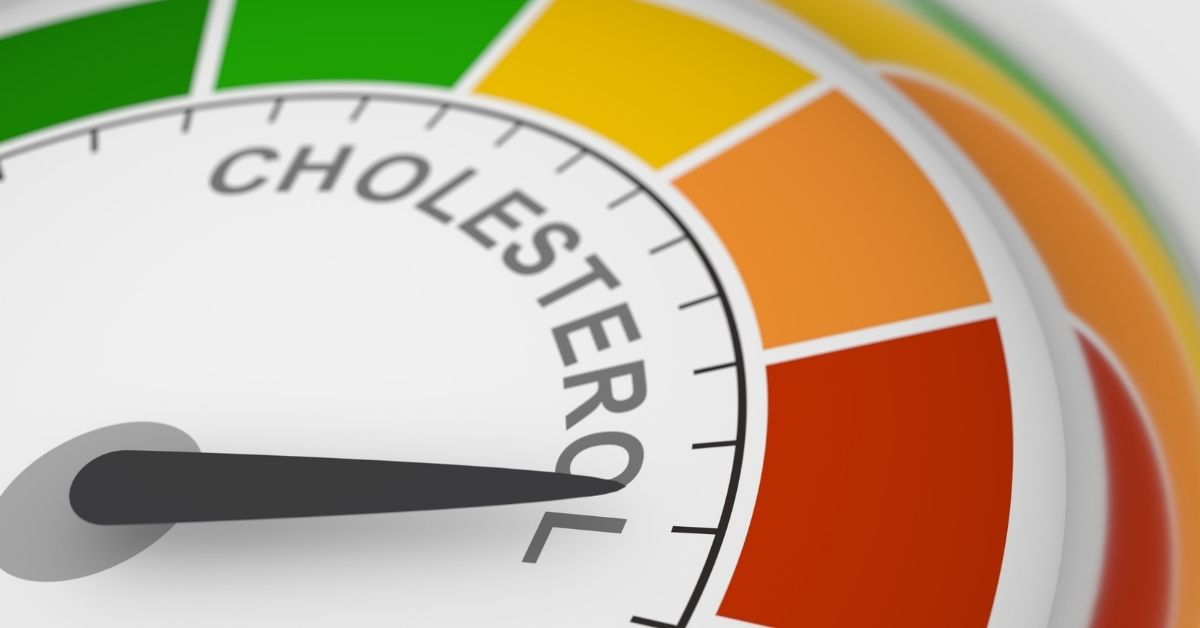Know Your Numbers: LDL vs. HDL
- Posted On:

Healthy Cholesterol Levels
While many people understand that it's important to manage your cholesterol levels, most of us don't know what ranges are considered healthy. In light of National Cholesterol Education Month, learn more about what your cholesterol reading means for your health.
LDL (Bad Cholesterol)
Low-density lipoprotein (LDL) is commonly referred to as the “bad” cholesterol. LDL makes up most of the cholesterol found in the human body and is responsible for causing high cholesterol, and excess amounts of it can lead to the development of cardiovascular disease.
Your LDL levels should be less than 100 milligrams per deciliter (mg/dL) to be considered healthy.
LDL Foods
You take in LDL through the foods you eat. To keep your LDL levels under control, try to limit the following types of food:
- Fast food
- Fried foods
- Butter
- Processed foods
- Dairy products
- Fatty meats
HDL (Good Cholesterol)
High-density lipoprotein (HDL), on the other hand, is the "good" cholesterol. This is because HDL helps reduce your total cholesterol levels by absorbing LDL and transporting it to the liver, where it can be broken down and removed from the body. HDL ultimately reduces your risk of developing heart disease and having a cardiac event.
Your HDL levels should be 40 milligrams per deciliter (mg/dL) or higher to be considered healthy.
HDL Foods
Although your body produces HDL on its own, you can also increase your levels through the foods you eat. Some foods rich in good cholesterol include:
- Fatty fish like salmon and sardine
- Whole grains
- Beans
- Avocados
- Fruits like apples and grapes
If you have questions about your cholesterol levels, be sure to reach out to your primary care provider.
CCH is open, safe and ready to see you.
With almost 80 physicians, physician assistants and nurse practitioners in nearly 20 specialties, CCH is committed to your wellbeing right here at home. If you have been putting off a visit to your doctor for a regular checkup, contact them; they can help weigh your personal healthcare risk and avoid further delayed diagnoses.
Visit www.cchwyo.org/findadoc to find your provider or clinic
